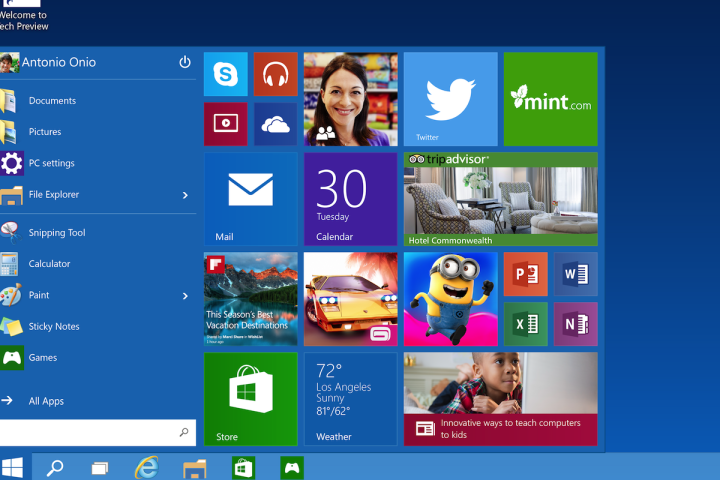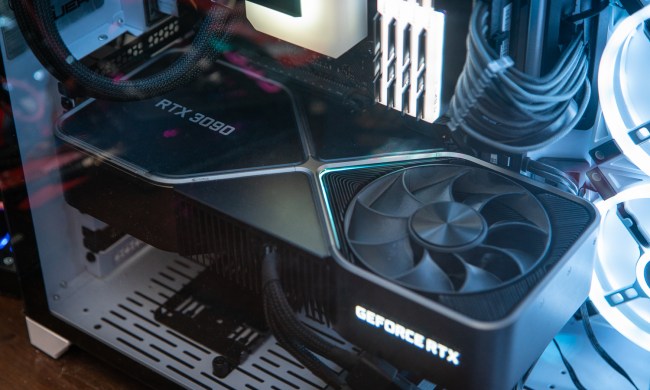
In an update posted to the Windows blog on May 15, Microsoft’s Terry Myerson wrote that the company will be releasing a “very attractive” Windows 10 upgrade offer to those running older devices in a “non-genuine” state. However, Myerson specified that a free upgrade will not be available on non-genuine Windows devices. He would not provide any more specifics at this point in time.
Non-genuine (or pirated) versions of Windows have a high risk of malware, fraud and exposure of private information, and Myerson reminded readers that Microsoft does not support pirated versions of the operating system.
“When we can’t verify that Windows is properly installed, licensed, and not tampered with, we create a desktop watermark to notify the user,” Myerson wrote. “If you ever encounter this watermark on a new machine, I encourage you to return the device immediately to the retailer from whom you purchased it and request a genuine Windows device.”
On the official Microsoft website, the company encourages its customers to return any pirated software they may have accidentally purchased unlawfully and ask for a refund. In the event that a vendor won’t refund you, Microsoft suggests reporting the individual to the Consumer Affairs Office and the Better Business Bureau.
A survey of 15,000 people from 33 countries around the world found that 57 percent of computer users pirate software, according to The Huffington Post. About 5 percent of computer users say they’ve “always” pirated their software, highlighting the severity of the problem. Time will tell how many of these users Microsoft will be able to coax into compliance.


